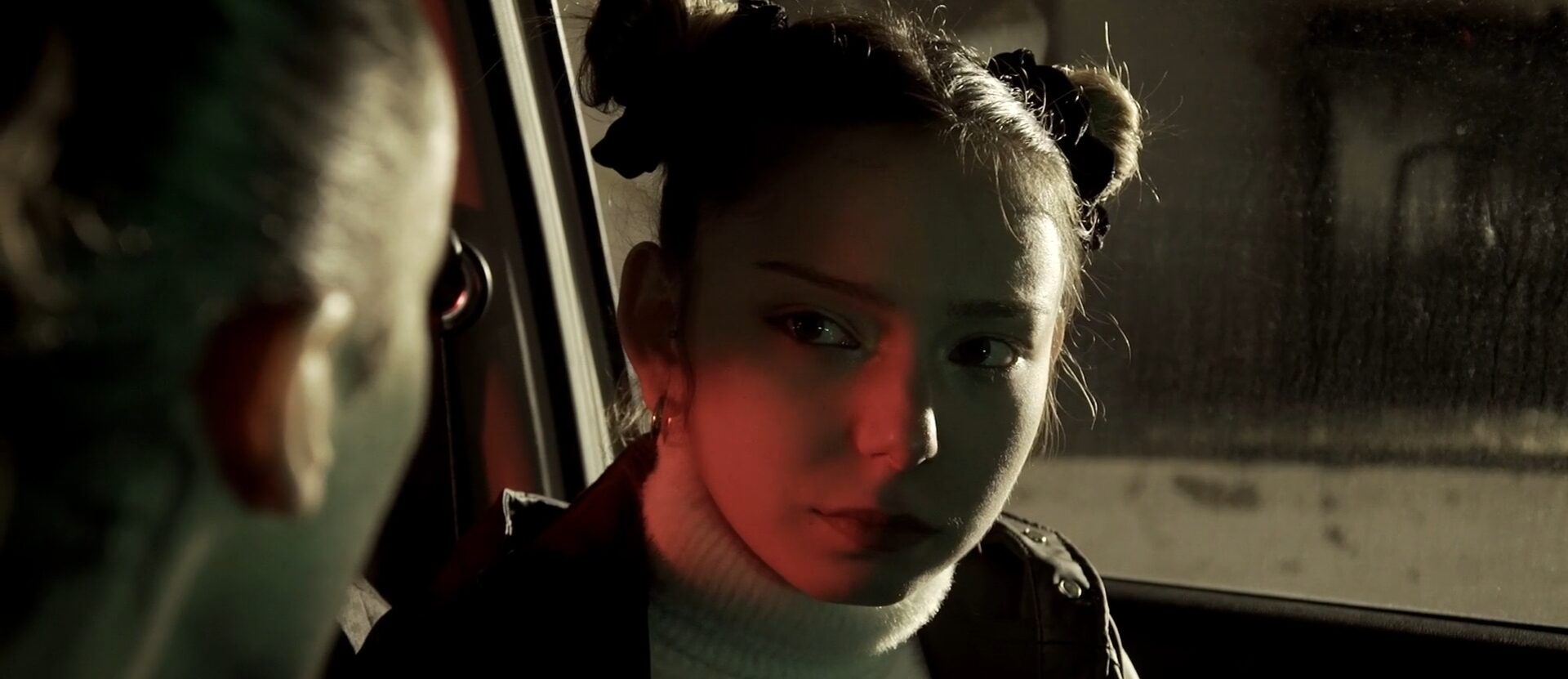What exactly is character status? Is it just to do with social class, for example, or is it more to do with storyline? How can you use character status and your performance to create a more interesting scene?
Transcript
Hi, I’m your host Ruggero Dalla Santa and today I’m starting a series of videos looking at different dynamics that make scenes work.
In my last video, we looked at how sometimes actors and directors misread their scenes and don’t understand what the story is actually about – which usually resolves in the scene not working as well as it should.
So today I want to look at status.
In order for certain scenes to work, they rely upon the difference in status between the characters – especially when the status shifts during the scene.
When I say status, I don’t necessarily mean job role or social class – I mean the dynamics between the characters: who’s got the upper hand? Who has control and who doesn’t? Who looks down on whom? And, most importantly, when and how does this change?
For example, if the two characters belong to two different social classes, like in a period drama, we have a clear-cut difference in status to begin with: the noblemen have higher status and the servants lower status.
But if then your scene is about one of the servants affirming her own independence and will, for example, then that can be a shift in the power dynamics and it can be the key to making the scene really work.
Another example can be if the characters have known each other for a very long time and have a clearly defined dynamic between them – one is the leader, the other ones are followers. In this case, the status is not externalised, it relies almost entirely on performance.
If the scene is an argument or disagreement in the group, it is possible to read it as a power struggle, maybe an attempt at shifting the status from one of the characters who is normally a follower.
These types of dynamics are not always clear from the text and, even when they are, if you fully understand and identify the status war between the characters and when the shifts happen, you can make the scene really pop and become a lot more interesting.
Have you ever acted in a scene with this kind of shift in status? How did it go?

